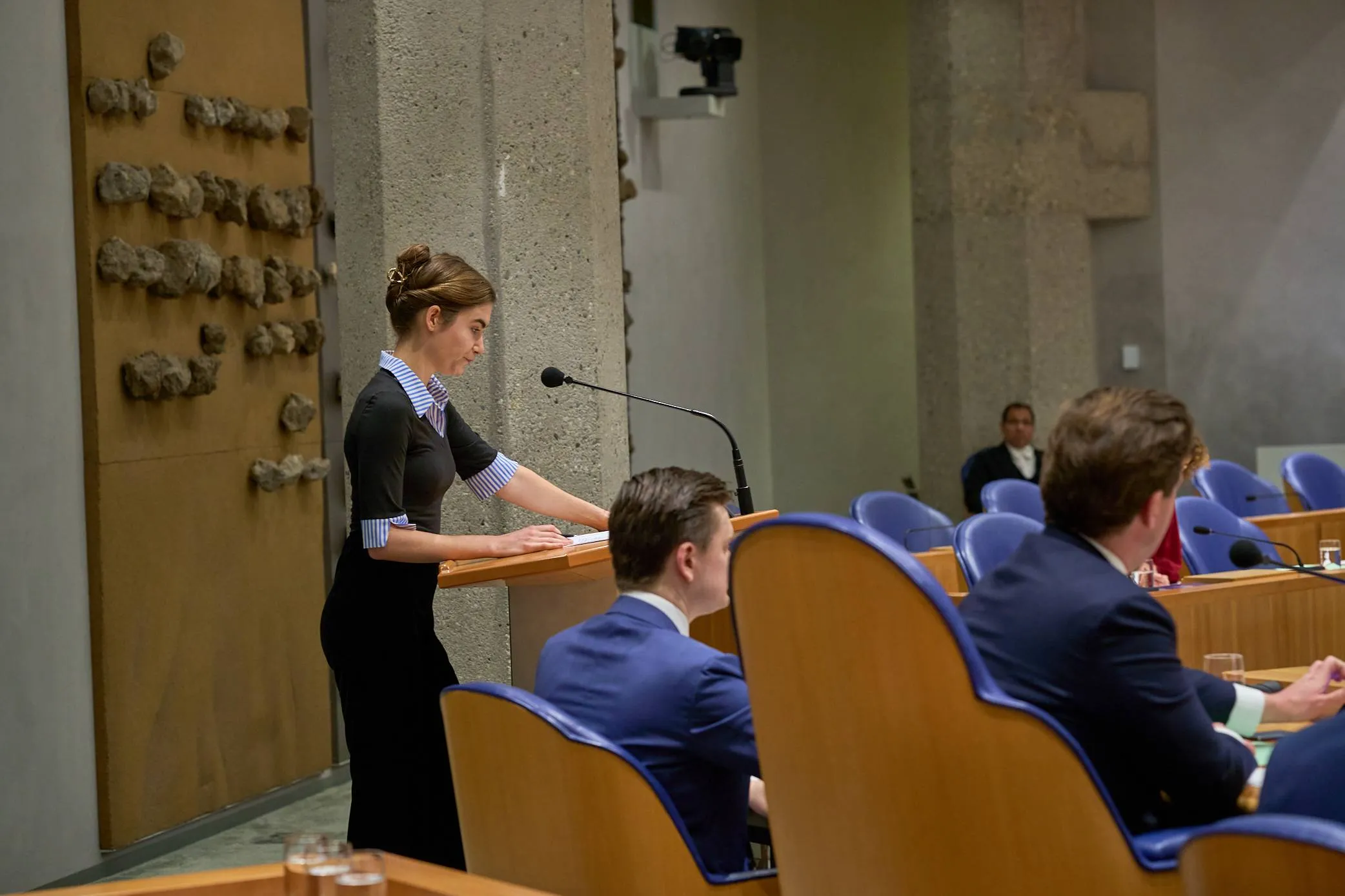Katholicisme en milieu
Katholieken die belangstelling hebben voor het milieu moeten proberen serieuze wetenschap te scheiden van ideologische ruis en het eigenbelang van de betrokken organisaties.
Eerder schreef ik dat de paus zich nu ook met het klimaat is gaan bemoeien. Hij wenst de invloed van de kerk aan te wenden om de klimaattop, die aan het einde van dit jaar in Parijs zal plaatsvinden, te doen slagen. Kortom, het lijkt er op dat hij zich in het kamp van de klimaatalarmisten heeft geschaard. Maar binnen zo'n grote gemeenschap als de Rooms–Katholieke Kerk bestaan er natuurlijk vele verschillende opvattingen. Dat geldt ook ten aanzien van klimaat. Het is verstandig om kennis te nemen van alternatieve visies van mensen die, anders dan de paus, op het onderhavige terrein deskundig zijn. Eén daarvan is Thomas M. Doran.
Onder de titel, 'Catholicism and Environmentalism', schreef Thomas M. Doran in 'The Catholic World Report':
Catholics with an interest in the environment should attempt to separate legitimate science from ideological noise and organizational self–interest.
What are Catholics to make of the big environmental questions: climate change, deforestation and habitat loss, water quality and water shortages, the extinction of species, fossil fuels? How compatible is environmental activism with Catholicism? What does it mean to be responsible stewards of creation? These are important questions, made even more timely in anticipation of Pope Francis releasing an encyclical in 2015 on environmental and ecological issues. ...
Environmental activism is often a matter of science and ideology. Not infrequently, when someone disagrees with a tenet fervently held by environmental activists, they are labeled “science deniers”. Ironically, many of those who blithely label opponents “science deniers” do not themselves understand the underlying science.
As an engineer/scientist who has worked in the trenches for over 30 years, taught environmental engineering subjects, and loves to explore history, I have seen my share of bad science and bad data (sadly, guilty myself on occasion). I’ve learned that while we need to rely on data, an honest skepticism of data is an important aspect of the scientific method. On many occasions, scientists—experts—have reached a consensus on something that was subsequently proven to be false. As Matt Ridey wrote in a 2013 Wall Street Journal article,
“Science is about evidence, not consensus.” I’m with Mr. Ridley. I don’t care about consensus, no matter how passionate or morally indignant. I want to see the data and the evidence. ...
Aan de hand van een aantal voorbeelden toont de auteur vervolgens aan dat het milieu in de VS thans schoner is dan 100 jaar geleden. Wat betreft de uitputting van natuurlijke hulpbronnen verwijst hij opnieuw naar Matt Ridley. Lees verder op pagina twee.
In a 2014 Wall Street Journal article, “The Scarcity Fallacy”, Matt Ridley identifies many instances when ecologists predicted the world’s resources would run out, though technological innovation has since broken through these limits again and again. Against the evidence of history, many believe that if we can’t solve a problem today, then it will still be a problem next year and next decade. Dire predictions are often based on this misconception. ...
The ideology of many in the environmental movement also bears examining. There is a quasi-religious and especially virulent element in the environmental movement for whom, as the Journal puts it, “climate change has become a totemic cultural issue, like abortion and gay marriage…What matters is that they are on the right side of the cultural and political symbolism.”
Without weighing in on the complex issue of climate change, I am suggesting that environmentalism has become a moral lodestone to many, one in which facts, data, evidence are of secondary concern. Among these vocal activists, you will find the themes that man—exerting an unsustainable carbon footprint—is a threat rather than a transcendent creature; that man should have no more legal or ethical standing (and maybe less) than any other animal; that messy free markets are environmental threats; that states or intergovernmental organizations with people who know better ought to be establishing economic, environmental, and energy policy; in short, a materialistic interpretation of the relationship between man and the planet. And lest we think that these themes are limited to the radical fringe, some of these tenets are seeping into mainstream environmentalism.
Given a free hand, these movement activists’ energy and industrial policies could return us to the days of freezing in the winter, roasting in the summer, and perishing from lack of food and the pharmaceuticals that keep diseases at bay. More importantly, the Catholic concept of man undergoes violent deconstruction with this ideology, or quasi-religion. Man, his work and his dignity, should not be subordinated to the natural world, far different than saying man should be able to rape the world to satisfy his appetites. The right balance is achieved when man is properly formed in relation to virtue and reason so that he behaves responsibly in relation to the environment. …
Catholics with an interest in the environment should attempt to separate legitimate science from ideological noise and organizational self–interest; not an easy task these days, and recognize that the environmental scare of the month may not be morally compelling, but this rational approach to the environment should be governed by an awareness that though man was given dominion over the Earth – women and men are more than just intelligent animals – we are also expected to be good stewards of this world and its resources.
Aldus Thomas M. Doran.
Lees verder hier.
Laten we hopen dat dit soort verstandige geluiden in de komende encycliek zullen doorklinken. Maar ik ben er niet gerust op. Ik heb het gevoel dat Moeder Gaia bezig is aan de troonpoten van God de Vader te zagen. Hoe zal dat aflopen?
Voor mijn eerdere DDS–bijdragen zie hier.
Ga verder met lezen
Dit vind je misschien ook leuk
Laat mensen jouw mening weten
Lees ook
Loading


